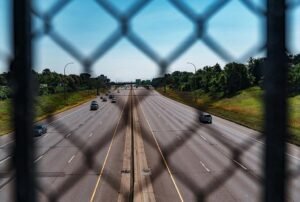The following is a transcript of the video above, from our webinar on “Remaking the Economy: Advocacy and Community: The Delicate Balance.” View the full webinar here.
Sign up for our free newsletters
Subscribe to NPQ's newsletters to have our top stories delivered directly to your inbox.
By signing up, you agree to our privacy policy and terms of use, and to receive messages from NPQ and our partners.
Rudy Espinoza: Being an advocate comes in different forms. Being an advocate doesn’t mean, always, that you’re leading the rally. It doesn’t mean that you’re the one that’s taking the meetings with the elected. It doesn’t always mean that you’re taking the press interviews. Sometimes being an advocate is connecting someone to, helping them navigate a public program, or maybe signing a letter that another leader is taking on, or sharing something on social media—that’s probably in the lower end of the spectrum of advocacy. But I think that there’s different forms. And I think that every organization should consider what, given their capacity at that time, or how they’re going to be able to participate.
But the main thing, for me, is making sure that I stay connected and understand what the other allies in the ecosystem, in these coalitions, are doing. And working to identify how we can add value to the work, in the context of a movement. So, I feel really strongly that all the work that we do in the mission-driven space is political, whether you see it or not. If you’re only managing a food pantry, for example— not “only,” but if that’s your lane and that’s what you’re doing— that work is really political. There are political systems that have allowed people to go hungry. There are political systems that are governing how your food pantry is resourced. There are decisions that are being made all the time. I think it’s very naïve for folks to not realize that they’re part of this bigger system, and think that they’re just kind of on their own. It’s really important for us at our organization to be connected to other organizations and other coalitions. Even if we may not be the leader, even if we may not be the expert, it’s really important for us to understand how we’re part of this constellation.













